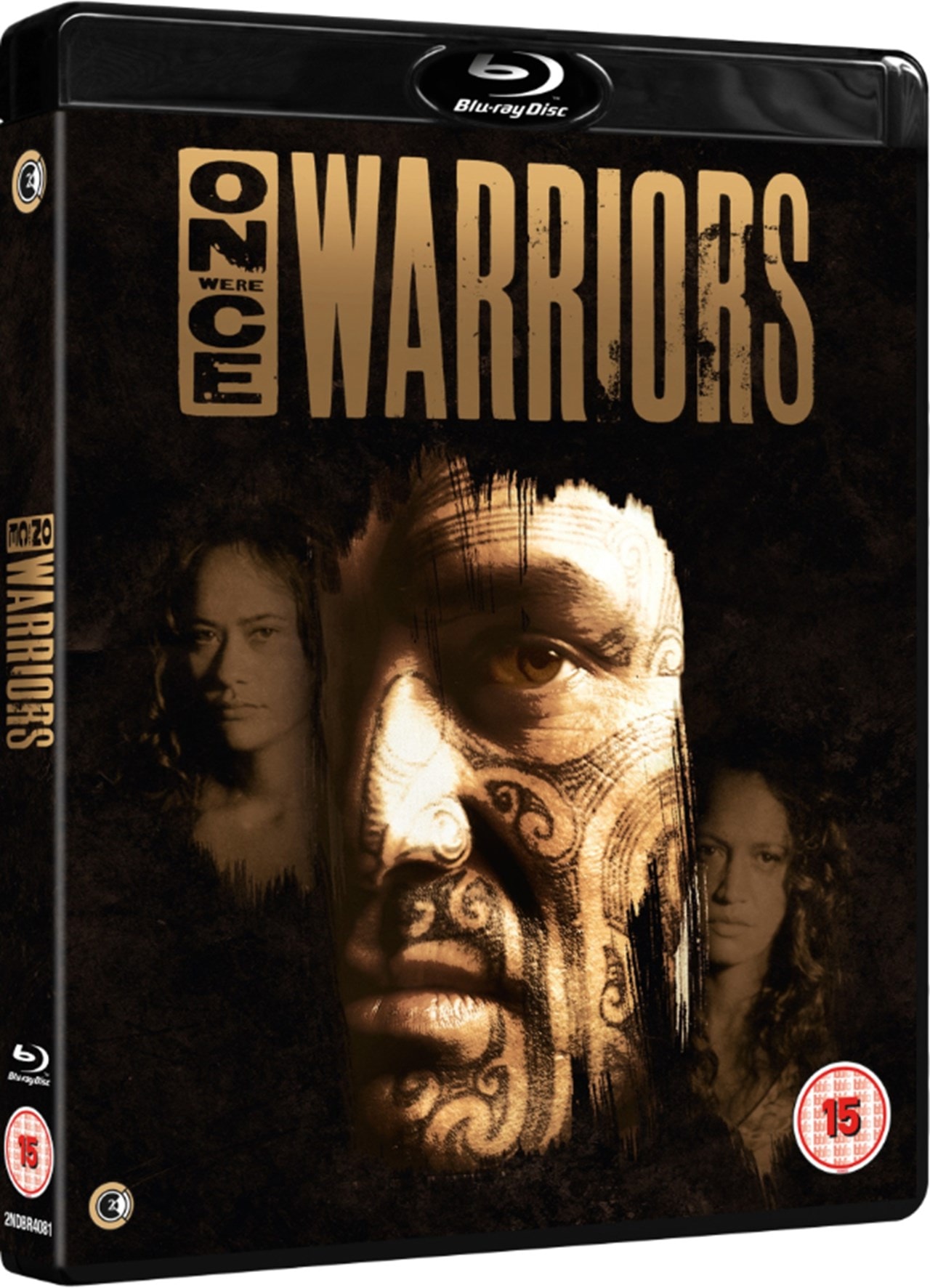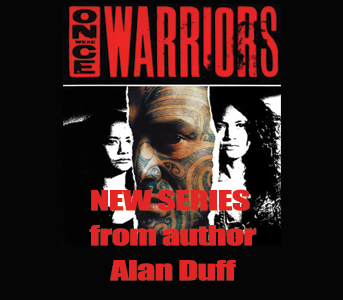


There aren’t even many markers of what’s happening in the outside world Jude moves to a loft in SoHo as a young man, but we don’t see the neighborhood change from gritty artists’ enclave to glitzy tourist destination. There isn’t a single significant female character, and for a long novel, there isn’t much plot. Two of them are gay, one straight and one bisexual. Yanagihara ( The People in the Trees, 2013) takes the still-bold leap of writing about characters who don’t share her background in addition to being male, JB is African-American, Malcolm has a black father and white mother, Willem is white, and “Jude’s race was undetermined”-deserted at birth, he was raised in a monastery and had an unspeakably traumatic childhood that’s revealed slowly over the course of the book. Duff shows courage in attacking the view that assimilation is the first step out of poverty, and he does so by spinning a compelling tale.įour men who meet as college roommates move to New York and spend the next three decades gaining renown in their professions-as an architect, painter, actor and lawyer-and struggling with demons in their intertwined personal lives. Making skilled use of the repetitive nature of thought, he draws readers inside each voice in turn, using dialect (often including profanities) so naturally that it reads easily even for Americans. Duff (himself the son of a Maori mother and a white father) shows amazing facility with language in the intense, fast-paced, choppy internal monologues he gives his characters. Readers are treated to the mind's musings before and after events, the distinctive imagery of people locked in a present they're trying to forget. A lot to take in, but these are only the most active moments in a book whose main action is interior. Beth receives a ``hiding'' for embarrassing her husband in front of his friends, her daughter is raped and commits suicide, her young son is carted off to juvenile hall, and his older brother dies in a gang fight, but Beth finds strength by summoning up her tribal heritage and teaching it to others. Instead, the men's lives consist of beer, gangs, fights, and beating their wives. As far as Beth is concerned, the Maoris would not have become impoverished lackeys with very little self-esteem had they stayed close to their warrior roots. Relegated to government housing in an unnamed city, she lives just two vacant blocks away from whites whose homes offer tantalizing glimpses of a privileged existence she and her family will never have. Beth, a Maori mother, feels nothing but anger and disgust at her people, who accept second-class citizenship as a given. Upon its New Zealand publication in 1990, this controversial debut novel rocketed to the bestseller list.


 0 kommentar(er)
0 kommentar(er)
